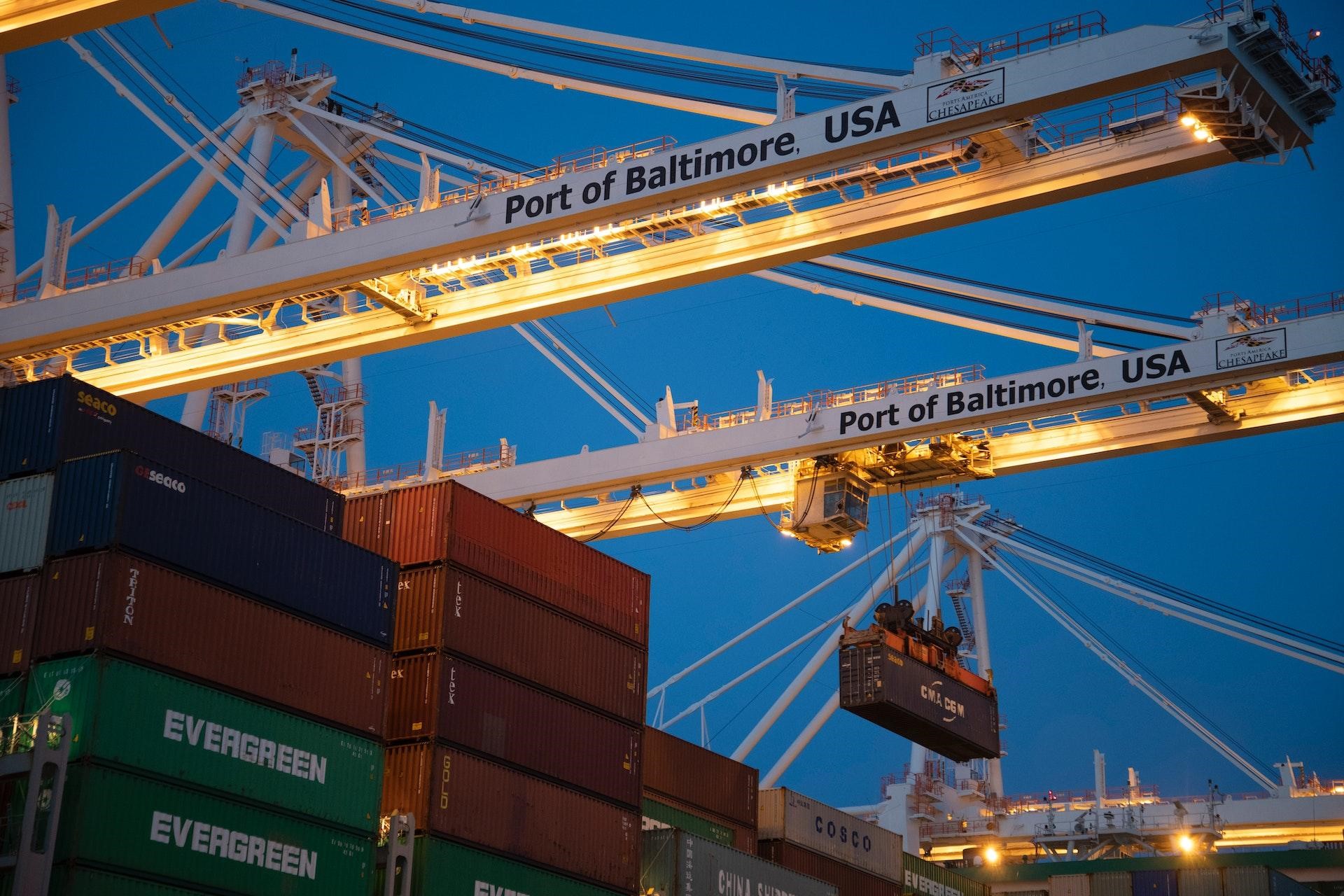Guide
Freight Carriers: Delivering Goods Across the Globe

The global trade industry heavily relies on the efficient transportation of goods, which is made possible by freight carriers. These carriers play a crucial role in ensuring that products are delivered across the globe in a timely and cost-effective manner.
However, they also face numerous challenges in international logistics, such as complex regulations and infrastructure limitations. To overcome these obstacles, innovations in freight carrier technology have emerged to improve efficiency and streamline operations.
This article examines the importance of freight carriers, their delivery strategies, the challenges they encounter, technological advancements, and their future prospects within a globalized economy.
The Importance of Freight Carriers in Global Trade
The importance of freight carriers in global trade lies in their role as facilitators of the movement and delivery of goods across different regions and countries. Freight carriers play a crucial role in supply chain management by ensuring the smooth flow of goods from manufacturers to consumers. They act as intermediaries between various entities involved in international trade, such as producers, wholesalers, retailers, and customers. By efficiently transporting goods via land, sea, or air, freight carriers contribute to the overall efficiency and effectiveness of supply chains.
Furthermore, the impact of freight carriers on economic growth cannot be overstated. They enable businesses to access wider markets by connecting them with customers around the world. This leads to increased trade volumes and revenues for companies engaged in international commerce. Additionally, efficient transportation services provided by freight carriers reduce lead times and lower costs associated with production and distribution. These cost savings can then be reinvested into other areas of business operations or passed onto consumers through competitive pricing strategies.
Overall, freight carriers play a vital role in supporting global trade flows and driving economic growth on both local and international levels.
How Freight Carriers Ensure Efficient Delivery of Goods
To ensure efficient delivery of goods, freight carriers employ various strategies and technologies.
Logistics optimization plays a crucial role in this process, as it focuses on minimizing costs and maximizing the efficiency of the supply chain.
Freight carriers utilize advanced technologies such as GPS tracking systems and route optimization software to streamline their operations. These technologies enable carriers to monitor the movement of goods in real-time and make necessary adjustments to optimize delivery routes.
Additionally, supply chain management practices are implemented to enhance coordination among different stakeholders involved in the transportation process. This includes effective inventory management, demand forecasting, and collaboration with suppliers and customers.
Challenges Faced by Freight Carriers in International Logistics
Challenges faced by freight carriers in international logistics include navigating complex customs regulations, managing multiple transportation modes, and coordinating with various stakeholders.
Customs regulations pose a significant challenge for freight carriers as they vary across countries and can be intricate and time-consuming to comply with. Non-compliance may result in delays, penalties, or even the confiscation of goods.
Additionally, freight carriers must manage supply chain disruptions that can arise from various factors such as natural disasters, labor strikes, or political instability. These disruptions can lead to delays in delivery times, increased costs, and potential damage to goods.
Coordinating with various stakeholders such as shippers, consignees, government agencies, and transport intermediaries further adds complexity to the operational processes of freight carriers. Effective coordination is crucial to ensure smooth operations and timely delivery of goods while minimizing costs and ensuring customer satisfaction.
Innovations in Freight Carrier Technology for Global Shipping
Innovations in technology have transformed the global shipping industry and have resulted in significant advancements in efficiency, sustainability, and cost-effectiveness.
One such innovation is automated tracking systems that enable freight carriers to monitor the location and condition of their shipments in real-time. These systems use GPS technology and sensors to collect data on factors such as temperature, humidity, and shock levels. This information allows carriers to proactively address any potential issues during transit, minimizing losses and delays.
Additionally, sustainable transportation solutions have gained prominence with the aim of reducing carbon emissions associated with freight transport. Technologies like electric vehicles, hybrid engines, and alternative fuels are being adopted by freight carriers to achieve more environmentally friendly operations.
These innovations not only improve the overall efficiency of the shipping industry but also contribute towards a greener and more sustainable future.
The Future of Freight Carriers in a Globalized Economy
The future of the shipping industry in a globalized economy is shaped by various factors such as advancements in technology, changing consumer demands, and emerging market trends.
One significant factor is the impact of automation on freight carriers. Automation technologies, such as autonomous vehicles and drones, have the potential to revolutionize the shipping industry by reducing costs, increasing efficiency, and improving safety. These automated systems can streamline operations, optimize routes, and minimize human error.
Furthermore, freight carriers play a crucial role in reducing carbon emissions. With growing concerns about climate change and environmental sustainability, there is an increasing need for greener transportation solutions. Freight carriers can adopt sustainable practices like using alternative fuels or electric vehicles to reduce their carbon footprint and contribute to a more environmentally friendly shipping industry.


















